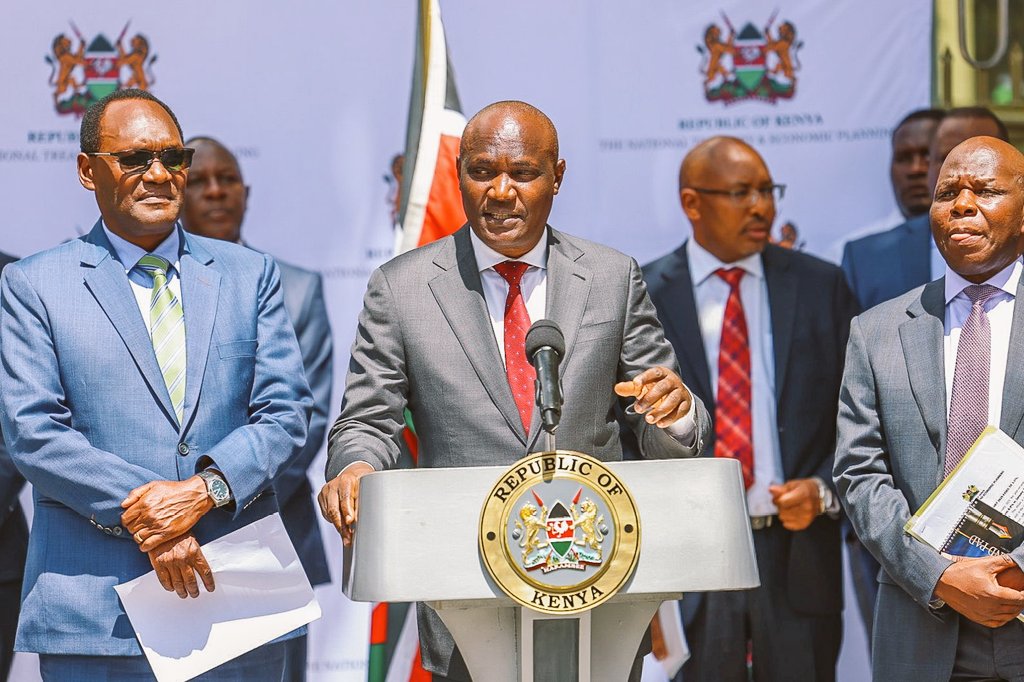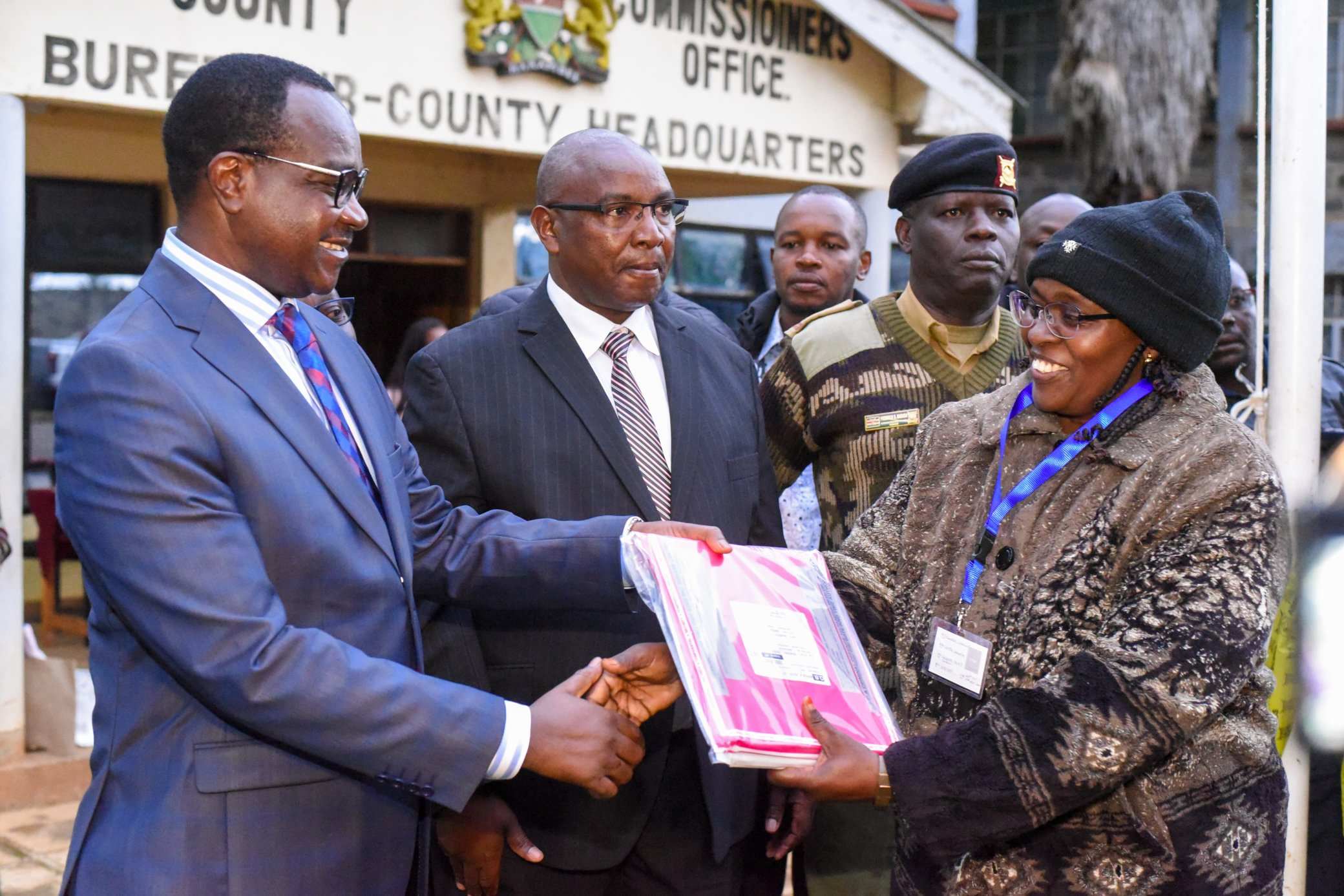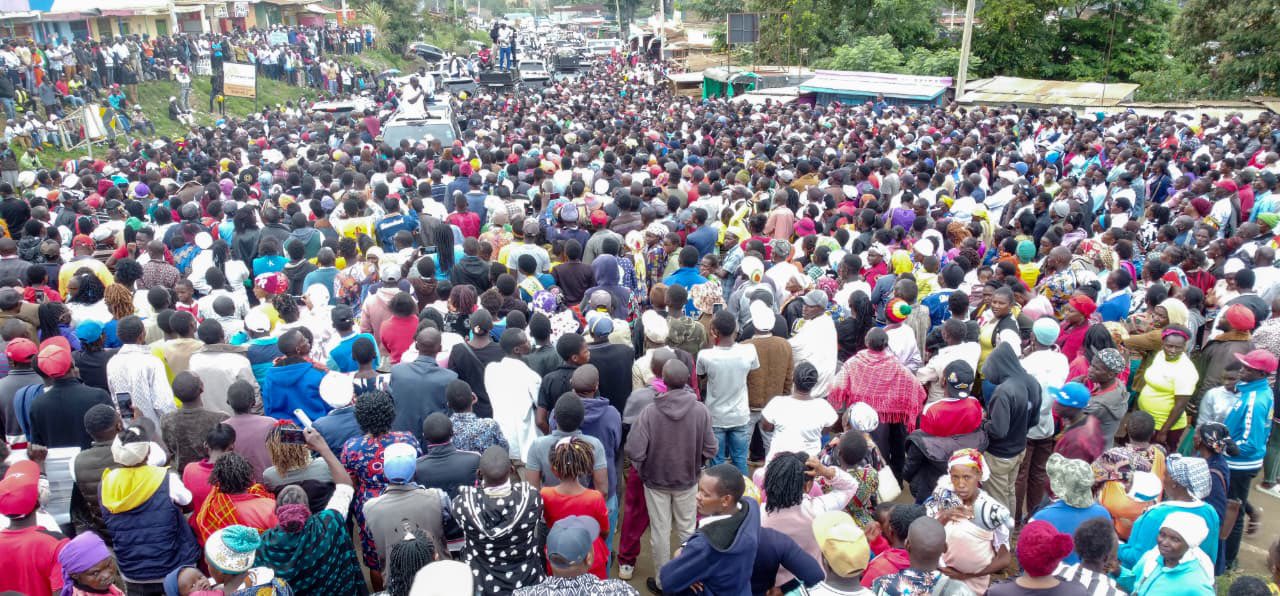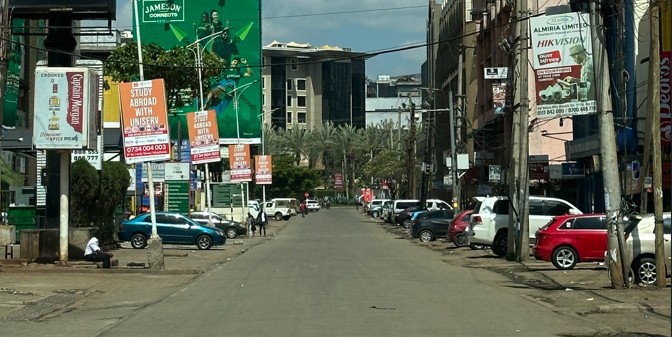Senators vow to hold SHA accountable for delayed health funds to counties
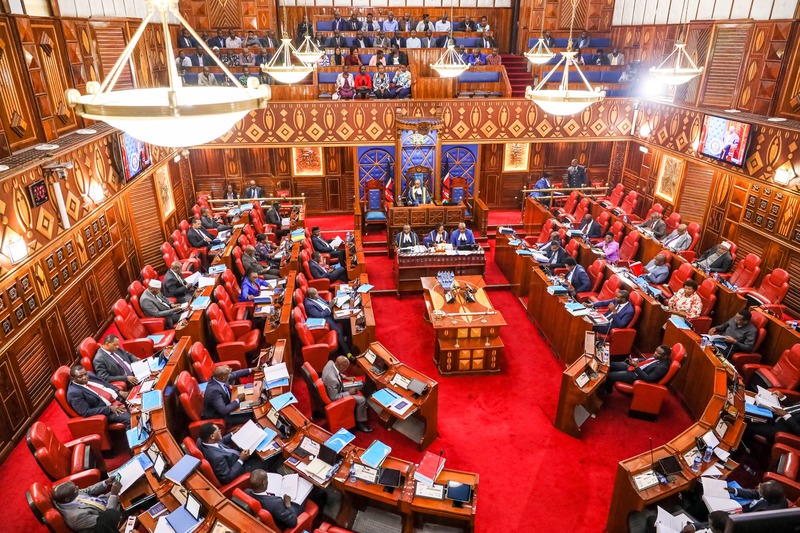
The senators said the situation has created a financial strain on counties, forcing some facilities to delay procurement of essential drugs and medical supplies.
Senators have vowed to hold the Social Health Authority (SHA) accountable as delays in remitting funds to counties continue to disrupt essential healthcare services.
The Senate Standing Committee on ICT said the situation has created a financial strain on counties, forcing some facilities to delay procurement of essential drugs and medical supplies.
More To Read
- 1,567 injured police officers compensated, says Mwangangi as Senate pushes for transparency
- SHA announces refund process for mistaken M-Pesa premium payments
- Ruto announces increase in cancer treatment cover to Sh800,000 under SHA from December 1, 2025
- Government to review SHA packages amid calls for better cancer care
- Senate probes detention of new mothers in hospitals over unpaid bills
- Ruto targets faster healthcare access with KEMSA direct medicine deliveries to hospitals
This follows the committee's visit to Nyeri County to assess its revenue management system, part of a three-day tour of Meru, Nyeri and Isiolo counties.
“Our first reaction as a committee, after compiling the report, will be to really push SHA until they start paying counties,” Committee Chair Allan Chesang said.
The committee commended Nyeri County for introducing a Health Fund that operates separately from the county’s own-source revenue to ensure uninterrupted healthcare services.
Established under the Nyeri County Health Services Fund Act, 2021, the fund allows 80 per cent of healthcare-generated funds to be retained locally, while 20 per cent is shared with other health facilities, particularly Level 1 to Level 4 hospitals.
Senator Chesang sought clarity on the difference between the Health Fund and own-source revenue. County officials explained that while both contribute to total revenue, they are reported separately.
Governor Mutahi Kahiga emphasised that the fund is ring-fenced to prevent mixing with other county revenue.
“The money collected under the Health Fund goes to one source to avoid delays, and a committee chaired by the head of the Level 5 Hospital oversees it. This system was established before SHA,” he said.
The county also uses a digital revenue collection system, Nyeri Pay, launched in April 2018 for Sh16.9 million. The system helped grow county revenue from Sh600 million in FY 2018/2019 to Sh1.45 billion. However, the vendor’s contract was terminated in March 2025 after operational challenges, sparking a legal dispute over access to the system’s source code, which has affected integration with IFMIS.
Despite the hurdles, Governor Kahiga said the county has made substantial progress in digital revenue collection.
“Revenue has grown progressively, but integration challenges remain. We are in court demanding the source codes,” he said.
In the FY 2024/25, Nyeri County received Sh6.5 billion in equitable share from the national government, while the Commission on Revenue Allocation (CRA) estimates the county’s revenue potential at Sh4.3 billion.
Governor Kahiga further highlighted the impact of delayed payments from SHA and NHIF, revealing that SHA owes Sh230 million and NHIF Sh289 million, affecting hospital operations.
“We are facing double jeopardy. We are penalised as a county while our employees are still being deducted. Treasury must allow waivers so that staff can access medical services even when funds are delayed,” he said.
Senator Chesang assured the governor that the committee would address the delayed remittances, describing the issue as a national concern that must be resolved urgently.
The committee noted that Nyeri County operates 54 revenue streams across ten departments and three bank accounts but faces challenges such as litigation, political interference, weak debt recovery, high taxes and fragmented systems.
Nominated Senator Beatrice Ogolla lauded the ring-fencing of health funds but urged more capacity building.
“There must be an intention to hire the right people with the right skills,” she said.
Governor Kahiga confirmed the county has 10 ICT staff to support operations.
Nominated Senator Miraj Abdillahi raised concerns over system continuity during power outages. County officials said all sub-counties are connected to a wide-area network and have backup generators. Nyeri Senator Wahome Wamatinga stressed that the lack of access to the source code limits system control and urged the county to include this in its legal case against the vendor.
Meanwhile, Health Cabinet Secretary Aden Duale defended SHA amid concerns over delayed hospital claims and high rejection rates, attributing delays to incomplete and improperly filled claim documents.
“Some claims have missing signatures, incorrect patient details, or incomplete medical records, while others are delayed because providers take too long to resubmit missing documents,” he said during a session with the National Assembly Health Committee.
According to the Ministry of Health, the current claims settlement rate stands at 59 per cent, with faith-based facilities leading at 64.56 per cent, followed by national referral hospitals (61.71 per cent), county hospitals (59.62 per cent) and private facilities (56.55 per cent).
While SHA is required by the Social Health Insurance Fund (SHIF) regulations, 2025, to settle verifiable claims within 90 days, payments have been made on the 14th of each month.
Duale said verification and adjudication are mandatory before any payout.
To reduce backlogs, Duale noted that SHA has launched a comprehensive arrears verification exercise and conducts regular provider sensitisation to improve claim documentation.
He emphasised that nine case management officers were recently hired, with plans to expand to 15 headquarters officers, 47 county claims managers and 47 quality assurance officers. Relationship managers have also been appointed at the county and national levels to track pending claims and support facilities facing reimbursement delays.
On financial sustainability, Duale reported that Sh79.2 billion has been collected under SHIF, aided by the “Lipa Pole Pole” platform for informal sector contributors. He also noted that the government has partnered with hospitals and pharmaceutical companies, including Aga Khan University Hospital, Nairobi Hospital, Roche, Pfizer, and Johnson & Johnson, to expand specialised care and reduce treatment costs.
Addressing concerns over higher reimbursements to private hospitals, the CS clarified that the differences stem from service scope, specialisation and documentation quality, not favouritism.
Duale assured MPs that SHA is working with the Council of Governors to ensure all county hospitals submit bank details for prompt payments and that the broader goal remains building a transparent, efficient and equitable universal health coverage system for all Kenyans.
Top Stories Today
